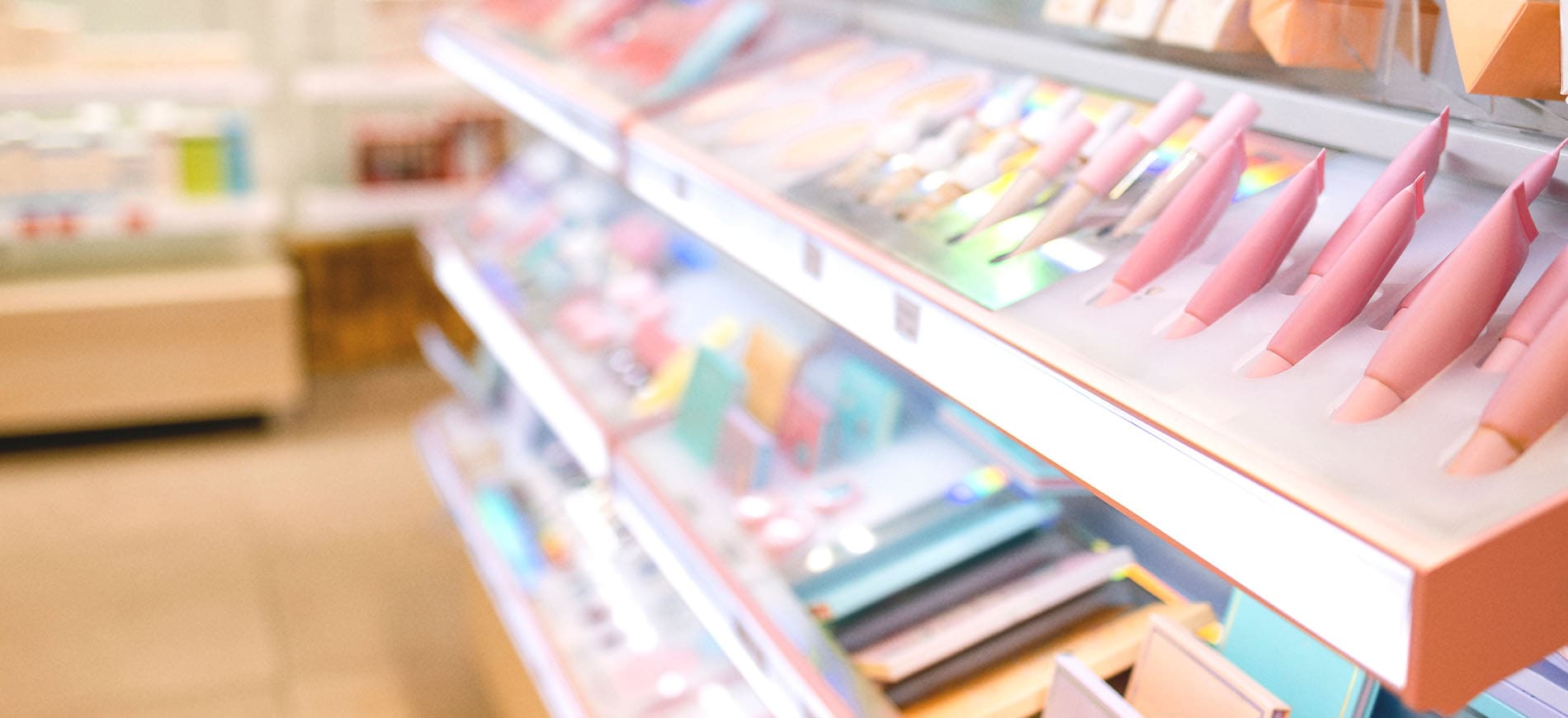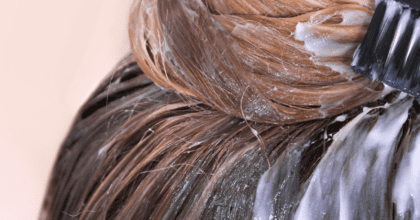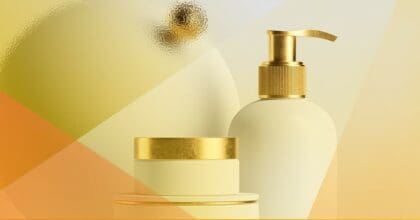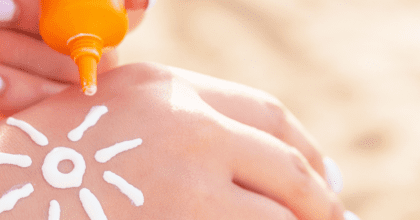Wellness is now one of the strongest influences in the beauty industry, something that Mintel forecasted six years ago. Brands are taking notice and are focusing on incorporating different dimensions of wellness into their products to meet the changing demands of their customers.
One dimension of wellness that continues to gain popularity is mental wellness, and body care routines are being used to take care of this aspect. South Korea has seen a surge in body care launches with stress, sleep, and relaxation claims, highlighting the importance of mental wellness in beauty. In fact, 20% of consumers in South Korea also plan to spend more time on relaxing beauty and grooming activities, according to Mintel research.
Another dimension of wellness that is set to reinvent the industry is spiritual wellness: How can brands help consumers connect and understand the value they represent?
With millennials and Gen Z living fast-paced lives filled with excitement and stress, they are on the hunt for beauty products that are calming, soothing, relaxing, sleep-medicated, dermatologically- and clinically-tested. Brands are responding to this market segment by launching campaigns, products and services with such claims.
Beauty consumers also embrace diversity. Dove Amplified Textures, a line of products that enhances the natural beauty of curls, coils and waves, is also a co-founder of the C.R.O.W.N. (Creating a Respectful and Open World for Natural Hair) Coalition, which helps push legislation to make hair discrimination illegal. Every product under the Dove Amplified Textures line is infused with customised natural ingredients like honey, jojoba, aloe and coconut oil to help deliver maximum moisture and care for every hair type.
Amritara Organics (no website) is an organic cosmetics brand from Japan that highlights phytoenergy from wild or pesticide-free plants and natural manufacturing methods. One of its products is a yellow-and-green two-layer oil-in-mist blended with distilled water from naturally cultivated lemons grown in Japan’s Saga Prefecture.
Water Therapy from the United States-based The Nue Co. is inspired by the concept of blue medicine, the belief that water positively impacts our mental health with its relaxing, stress-relieving benefits. Because our body is made up of 70% water; Water Therapy is a fragrance supplement that aims “to replicate the relaxing sensory feeling of being in or around water stimulates the alpha brain waves to increase.”
In this era of sustainability and creativity, brands need to explore the existing platforms they can leverage that will put their environmental and social metrics at the forefront.
Millennials and Gen Z want to have meaningful connections with the beauty brands they use. In China, 36% of female facial skincare users said they would pay more for a product with packaging made from biodegradable materials.
Mellow Naturals is a skincare brand from Thailand that uses traditional recipes in combination with modern skincare science to develop products using natural ingredients. The goal is to use ingredients from Asia to come up with products that are safe, non-toxic, and more effective and yield more sustainable results.
‘Blue Beauty’ is the next green beauty that is not discussed enough in Asia, considering it is the region that chokes the ocean with its plastic pollution. The philosophy behind blue beauty is the use of safe, sustainably sourced, and ocean-safe ingredients and reused, recyclable, or refillable packaging. Blue beauty is about limiting plastic waste and making it easier for consumers to recycle and protect the oceans from chemicals in beauty products, such as sunscreens.
Social wellness is also set to rise, and building a brand community will be essential to shaping the brand experience that connects with consumers and putting in place strategies to strengthen a foothold in this community-driven economy.
It is also important for brands to connect with consumers. In Indonesia, 53% of consumers said it’s important to feel part of a brand community that stands for something bigger than the product and services it sells. In South Korea, the younger generation aged 18-24 participates in beauty communities the most, with 4 out of 10 consumers in the country more inclined to buy a product/service if another community member shares their story about it. Powder Room started in South Korea and has expanded to Japan in 2022 that engage with consumers in different markets.
Versed is a United States-based skincare brand that launched its Facebook community two years ago, and this has helped drive consumer loyalty.
These cross-industry collaborations and cross-pollination of consumer groups can be used to strengthen cultural self-assurance and a sense of identity and heritage. Brands should note aesthetic fatigue and ensure that they align their brand DNA with their tactics. Functionality and emotions should be dialled up, but they are not mutually exclusive.
What we think
As beauty and wellness continue to evolve, brands must focus on identifying and prioritising product attributes that meet the dimensions of wellness holistically. Brands must also bring their wellness activations to life and highlight the tangible values to their customers.Climate change/global warming is a top environmental concern for consumers in APAC but topics like loss of biodiversity in the oceans and sustainability in manufacturing are not talked about enough. For example, only 6% of Thai consumers ranked the loss of biodiversity in the oceans as the top environmental concern. There is no singular approach to wellness, as consumers and brands alike, consider how to renovate the mind and the rules of engagement through products and communications.








































